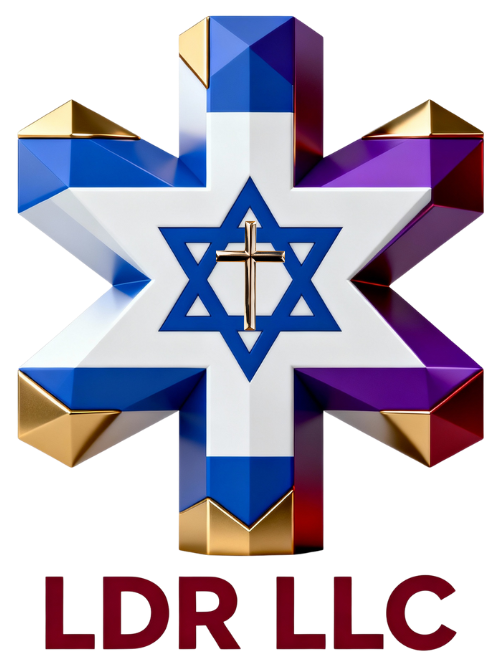Why Christians Need to Understand the Difference Between Theocracy and Democracy
Jul 19, 2024Why Christians Need to Understand the Difference Between Theocracy and Democracy
As Christians living in a democratic society, it's crucial that we have a clear understanding of the differences between theocracy and democracy. While our faith i nforms our values and worldview, we must recognize that imposing religious rule on a pluralistic society goes against core democratic principles. Here's why grasping this distinction matters:
nforms our values and worldview, we must recognize that imposing religious rule on a pluralistic society goes against core democratic principles. Here's why grasping this distinction matters:
-
Respecting Religious Freedom
Democracy protects religious liberty for all, including Christians. A theocracy, on the other hand, imposes one religious view on everyone. By supporting democracy, we safeguard our own freedom to practice our faith while respecting the rights of those with different beliefs.
-
Avoiding Hypocrisy
Many Christians rightly decry theocratic governments in other parts of the world that persecute religious minorities. We must be consistent in opposing religious authoritarianism everywhere, including at home.
-
Upholding Biblical Values
Jesus taught us to love our neighbors and respect their free will. Forcing Christian beliefs on others through government power contradicts Christ's example of leading through service and persuasion rather than coercion.
-
Preserving Christian Witness
When Christians advocate for theocracy, it damages our credibility and ability to share the Gospel. Our faith should be attractive because of how we live, not because we use political power to enforce it.
-
Preventing Denominational Conflict
Christianity encompasses diverse traditions and interpretations. A Christian theocracy would inevitably favor certain denominations over others, potentially leading to sectarian strife.
-
Maintaining Separation of Church and State
This principle protects both religious and government institutions from corrupting each other. It allows the church to speak prophetically to power rather than becoming entangled with it.
-
Promoting Good Governance
Theocracies throughout history have often led to oppression and human rights abuses. Democracy, while imperfect, provides mechanisms for accountability and peaceful transitions of power.
As Christians, we can and should participate in the democratic process, advocating for policies aligned with biblical values. However, we must do so while respecting democratic norms and the rights of our fellow citizens. Understanding the crucial differences between theocracy and democracy helps us navigate this balance faithfully and effectively.
By embracing democracy while living out our faith authentically, we can be salt and light in our society without resorting to coercive means that ultimately undermine the Gospel message of grace and freedom in Christ.
Take Action Today for a Brighter Tomorrow!
Are you ready to make a positive change? Whether it's investing in solar energy for your home, improving your financial well-being, or embracing a healthier lifestyle, now is the time to act! Don’t wait for the perfect moment—take the first step today.
Join our community and stay informed! Subscribe to our newsletter for the latest tips, insights, and exclusive offers directly to your inbox.
Contact us now to learn more about how you can benefit from being part of our community. Together, we can create a sustainable and prosperous future!
Let’s make it happen—your journey starts here!
Stay connected with news and updates!
Join our mailing list to receive the latest news and updates from our team.
Don't worry, your information will not be shared.
We hate SPAM. We will never sell your information, for any reason.

